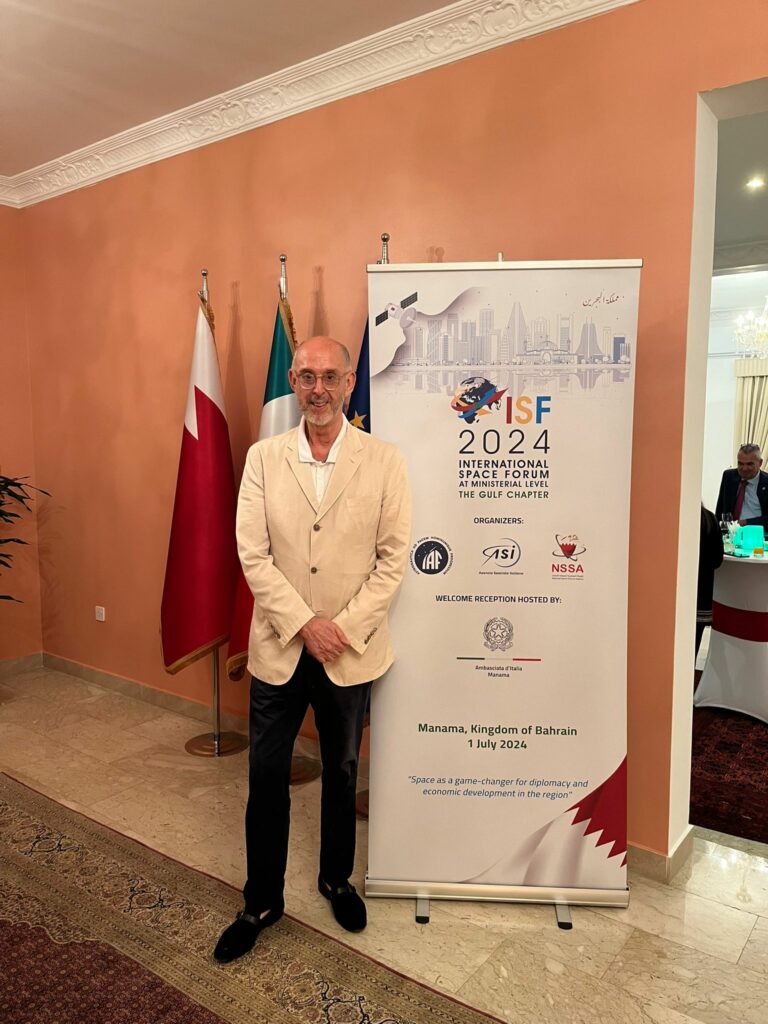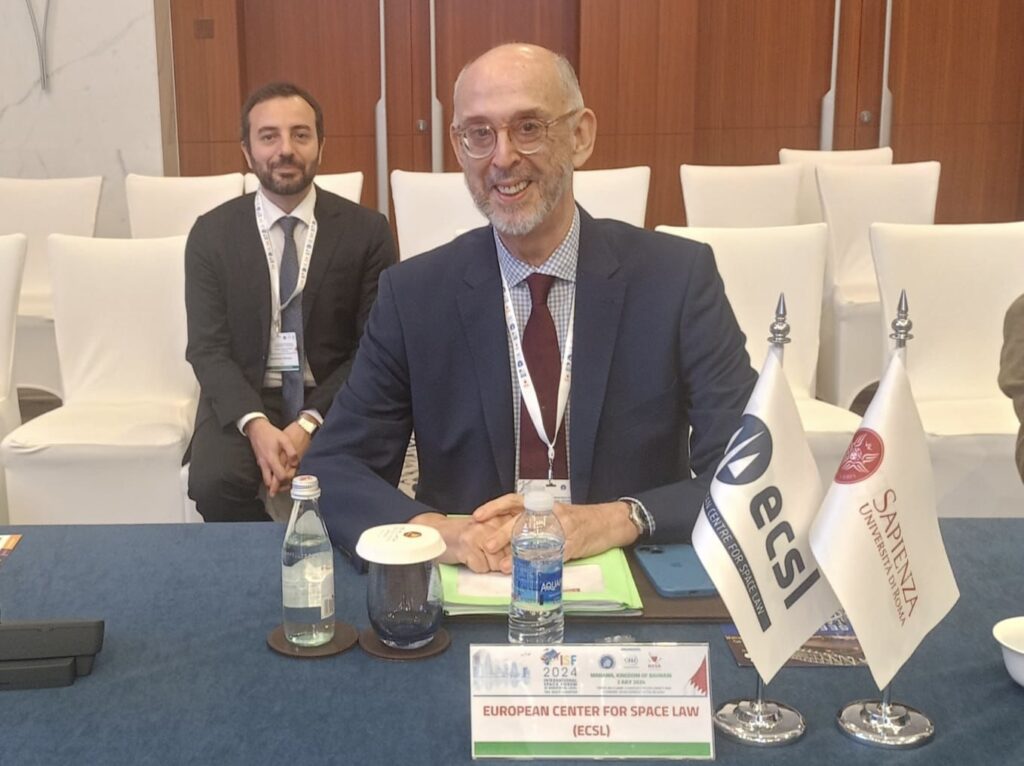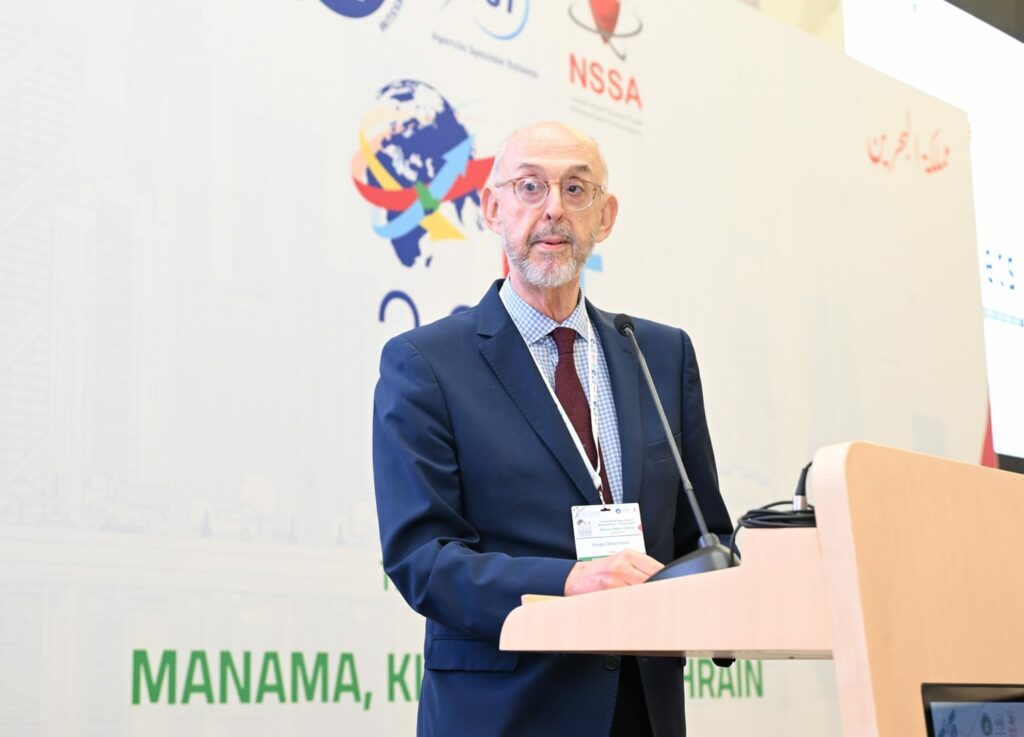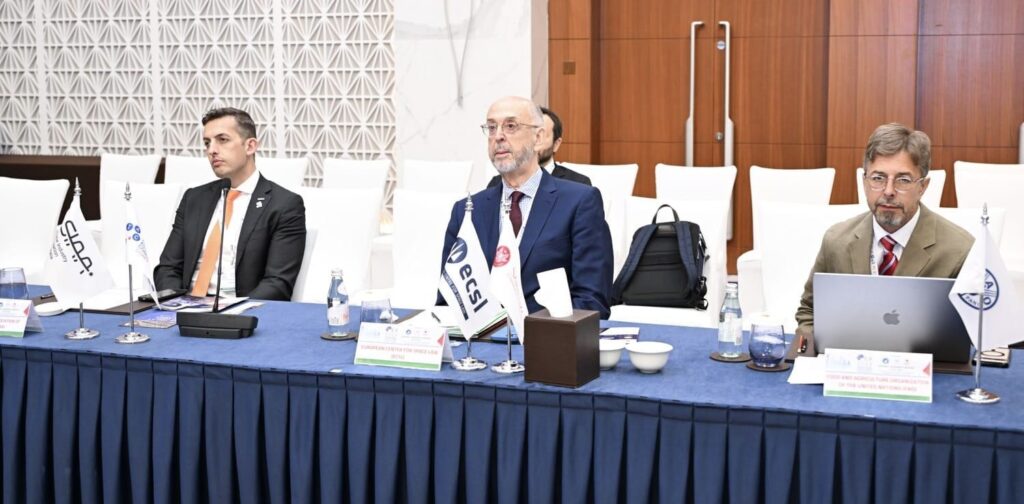6th International Space Forum 2024: Space as a game-changer for diplomacy and economic development in the region
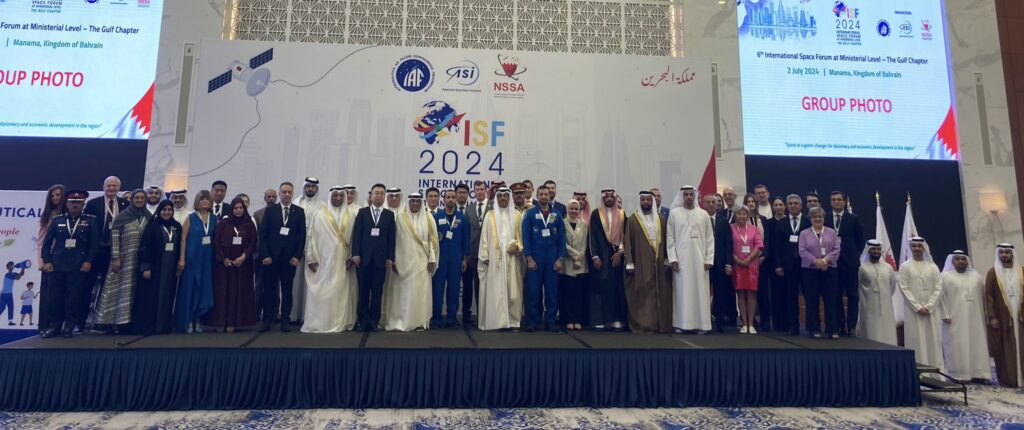
Since 2015, the International Astronautical Federation (IAF) and the Italian Space Agency (ASI) have been organizing an initiative called the International Space Forum at Ministerial Level (ISF), which represents an annual gathering aiming to encourage a debate on the necessity of promoting space cooperation at regional level and a greater involvement of universities and national academies into space activities. The event also serves as a vital annual gathering, fostering both global and local discussions on enhancing stakeholders’ involvement in space activities. The first ISF was held at Trento, Italy, on 24 October 2016, and resulted in the adoption of the Trento Space Statement. Then followed the regional “Chapters”: the African Chapter (2017), hosted by the Kenyan Space Agency in Nairobi, Kenya; the Latin American Chapter (2018), hosted by CONAE in Buenos Aires, Argentina; the Mediterranean Chapter (2019), hosted by the Mediterranean University in Reggio Calabria, Italy; and, after the pandemia, the Central American and Caribbean Chapter, hosted by the Technological University of Panama in Panama City (2023). The latest has just been held in Manama, Kingdom of Bahrain, for the Gulf Chapter, and took place on the 2nd of July 2024 with the title “Space as a game-changer for diplomacy and economic development in the region”.
The Forum has been addressed to Ministers and Authorities in charge of space activities or those responsible for research, science, technology, education, as well as to Heads of space agencies in the Gulf region. Space agencies of the rest of the world and relevant intergovernmental and non-governmental organizations have also been invited as observers.
The ISF started with an opening ceremony, whose Master was Christian Feichtinger, Executive Director of the IAF, with an opening statement by H.E. Mohamed bin Thamer Al Kaabi, Minister of Transportation and Telecommunications, Kingdom of Bahrain & Chairman of the National Space Science Agency (NSSA), followed by speeches and welcome remarks by H.E. Jasem Mohamed Al Budaiwi, Secretary General of the Gulf Cooperation Council (GCC), Clay Mowry, President of the IAF, and Teodoro Valente, President of the ASI.
The meeting continued with an inspirational fireside chat with UAE Astronauts, Hazzaa Al Mansoori and H.E. Dr. Eng. Sultan Al Neyadi, and the IAF President Clay Mowry.
The discussions have focussed on how space science and technology can contribute to a greater development of the region and, in particular, on three main topics addressed by keynote speakers:
- “Space exploration: a gateway to the Universe”, by Salem Al Marri, Director General of the Mohammed bin Rashid Space Centre (MBRSC).
- “Earth Observation: from technology to applications and services”, by Roaya Rashid Bubshait, Head of Geospatial Analytics of the NSSA.
- “Space visions and policies: sharing experiences and best practices”, by Teodoro Valente, President of ASI.
The keynote speeches were followed by the statements of the Heads of Delegations attending the Forum, 12 National Space Agencies and 12 International and non-governmental organizations.
At the end of the Forum, the delegations endorsed a final declaration, “The Manama Page”, detailing the view of the participating countries on their needs, perspectives and recommendations. This Manama Page has been added to the Trento Space Statement (first ISF in 2016), the Nairobi Page (ISF 2017), the Buenos Aires Page (ISF 2018), the Reggio Calabria Page (ISF 2019) and the Panama City Page (ISF 2023).
Among the Heads of Delegations, Sergio Marchisio, Chair of the European Centre for Space Law (ECSL) at the European Space Agency (ESA) and Lead of the Outer Space Law Team at the Sapienza University of Rome, also integrated by Gianfranco Nucera, delivered a statement focused on the three main topics. Firstly, the urgency for an improved legal framework to ensure the sustainable and responsible use of outer space, as defined by the 2019 Guidelines on the Long-term sustainability of outer space activities, namely the ability to maintain the conduct of space activities indefinitely into the future in a manner that realizes the objectives of equitable access to the benefits of the exploration and use of outer space for peaceful purposes, in order to meet the needs of the present generations while preserving the outer space environment for future generations.
Secondly, the role of the ECSL, which is approaching its 35th anniversary, as a tool to shape the landscape of space law in Europe through academia, research, and professional development opportunities. In light of this milestone, ESA is considering ways to strengthen ECSL as a “hub of space law, policy, and diplomacy,” particularly as regulation and governance of space activities grow increasingly relevant. We are also reviewing our capacity-building initiatives, which are central to our mission.
Thirdly, he referred to the action of the NSSA, which, in collaboration with relevant authorities, has drafted the National Space Policy for the Kingdom of Bahrain’s space sector, translating His Majesty the King’s vision into actionable objectives. Its five guiding principles are really well taken: competitiveness, fairness, sustainability, partnership, and interaction. Furthermore, the NSSA plans to develop a National Space Law for the Kingdom of Bahrain in the coming years, following the examples of other Countries of the region and aligning with national laws, policies, and international treaties on outer space, established under the auspices of the United Nations.
The key message arising from the debate and enshrined in the Manama Page is a common effort for establishing and strengthening collaboration and partnership with international and national organizations that share similar goals in the space field at large.
